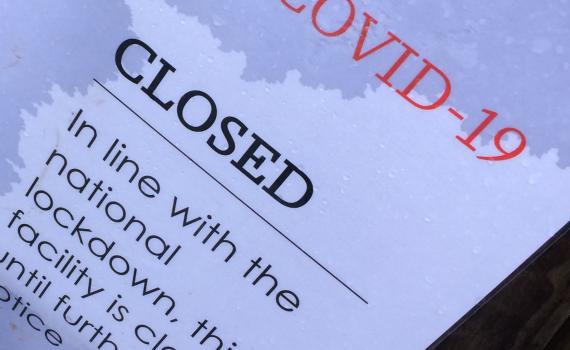
During the COVID-19 pandemic, librarians in EIFL partner countries began to alert EIFL about problems providing access to educational resources during lockdowns, in particular much needed textbooks. For printed materials in the library’s collection, there are often no licensed electronic versions available, especially for textbooks and other materials in local languages. In this situation, copyright law determines what librarians can and cannot do to alleviate the situation.
EIFL has put together a tip sheet on the steps to take, from a copyright perspective, to guide librarians in emergency situations when institutions are forced to close, for example, due to extreme weather, conflict, or pandemics. There are also links to resources and further information.
If the copyright law does not allow the library to supply a digital copy, unfortunately there often isn’t a quick fix. However, forewarned is forearmed and we hope that the tip sheet will encourage librarians to check their copyright law, and to initiate any national copyright law reforms that are needed to support access to resources for online education now and in any future emergency situations.
Countries with good copyright exceptions were better prepared for COVID
At the upcoming meeting of WIPO’s copyright committee (SCCR/42), an information session will be held on the impact of the COVID-19 pandemic on the copyright ecosystem. For the information session, EIFL submitted examples of the impact of COVID on the work of libraries in partner countries, including Kenya, Malawi, South Africa, and Zimbabwe.
The examples show that in times of a global emergency, libraries and educators need clear rights backed by law. While voluntary publisher concessions during the pandemic were welcome and appreciated, libraries should not have to rely on goodwill, generosity or lack of enforcement to facilitate the continuation of education and research. The examples also show that countries with good exceptions for online uses were, in general, better prepared to ensure continuity of learning and research in the pandemic, than those with no or more restrictive provisions.
SHARE / PRINT









